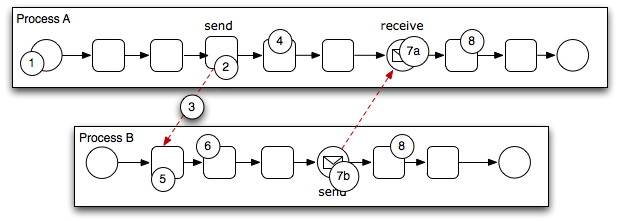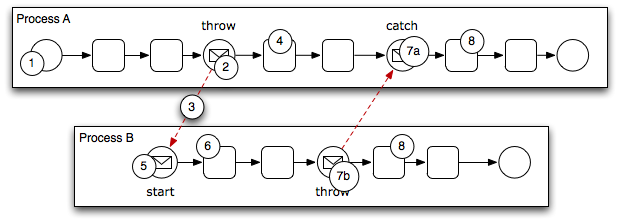Hi
You may sometimes encounter an exception while deploying the ADF UI project associated with a Human Task.
Exception looks like this:
Weblogic Server Exception: weblogic.application.ModuleException:
Caused by: weblogic.common.ResourceException: java.security.PrivilegedActionException: weblogic.common.ResourceException: java.security.PrivilegedActionException: weblogic.common.ResourceException: No credential mapper entry found for password indirection user=hr for data source Connection1
See server logs or server console for more details.
weblogic.application.ModuleException:
Taskflow deployment failed to deploy to server. Remote deployment failed
#### Deployment incomplete. ####
Remote deployment failed (oracle.jdevimpl.deploy.common.Jsr88RemoteDeployer)
To resolve this, just remove the reference to 'Connection1'(as indicated in the exception trace) from the connections.xml file. This can happen when you create the connection with that name, and later on, remove it.
Just remove the whole <Reference> tag for this connection. And it gets deployed this time.
Hope this helps you resolve the issue.
You may sometimes encounter an exception while deploying the ADF UI project associated with a Human Task.
Exception looks like this:
Weblogic Server Exception: weblogic.application.ModuleException:
Caused by: weblogic.common.ResourceException: java.security.PrivilegedActionException: weblogic.common.ResourceException: java.security.PrivilegedActionException: weblogic.common.ResourceException: No credential mapper entry found for password indirection user=hr for data source Connection1
See server logs or server console for more details.
weblogic.application.ModuleException:
Taskflow deployment failed to deploy to server. Remote deployment failed
#### Deployment incomplete. ####
Remote deployment failed (oracle.jdevimpl.deploy.common.Jsr88RemoteDeployer)
To resolve this, just remove the reference to 'Connection1'(as indicated in the exception trace) from the connections.xml file. This can happen when you create the connection with that name, and later on, remove it.
Just remove the whole <Reference> tag for this connection. And it gets deployed this time.
Hope this helps you resolve the issue.

